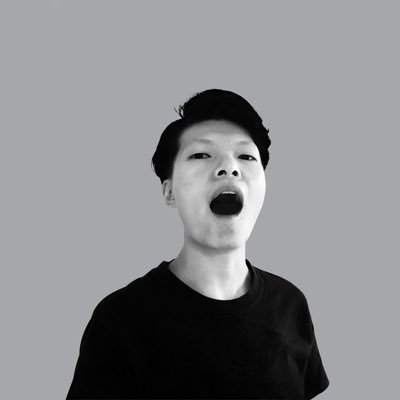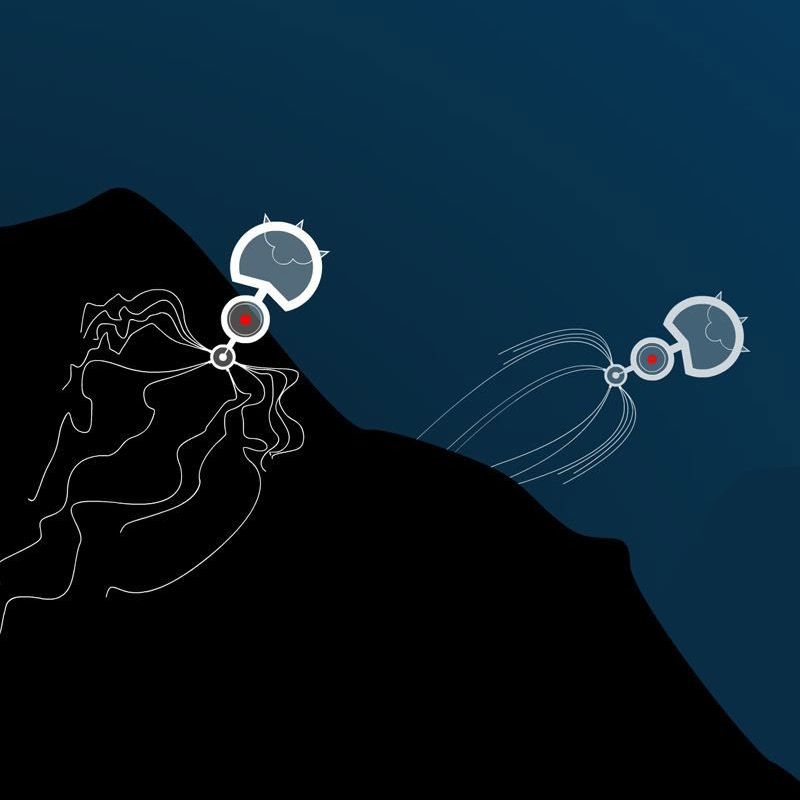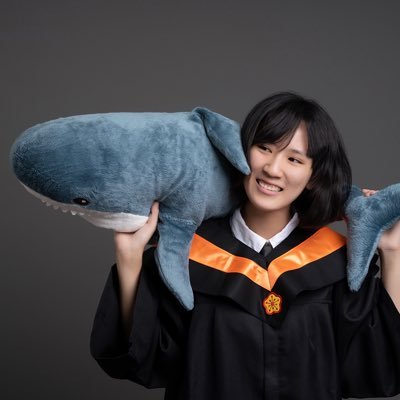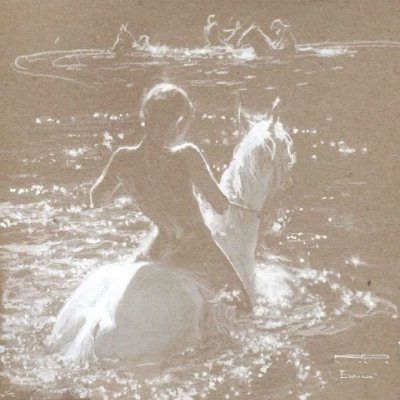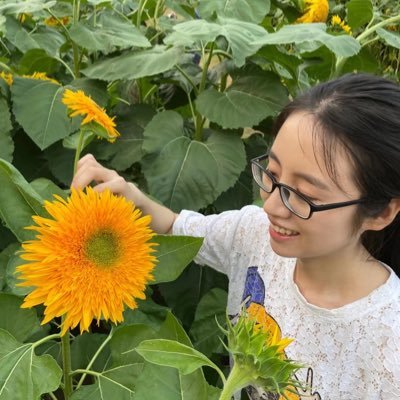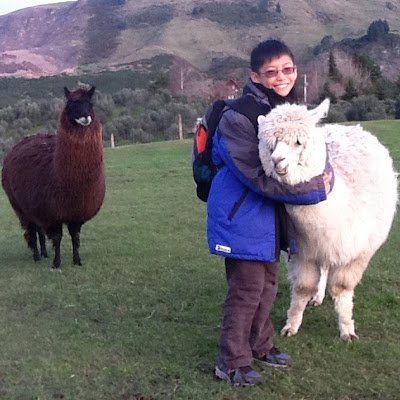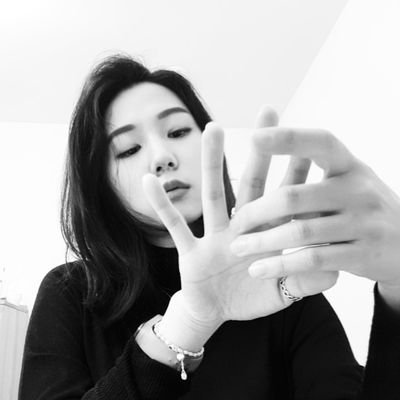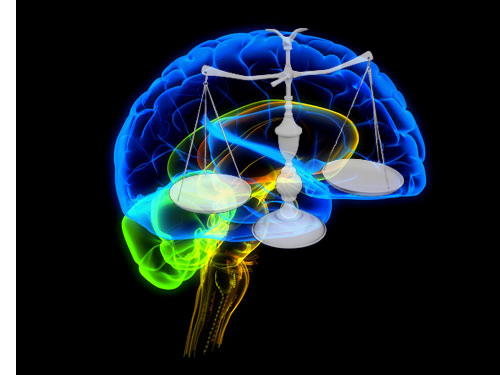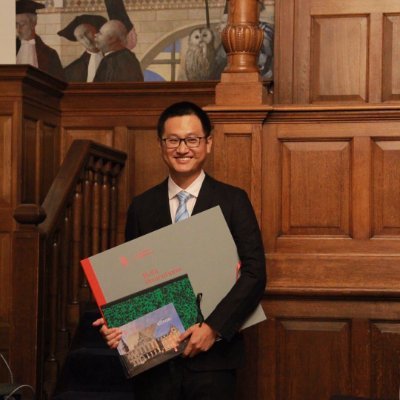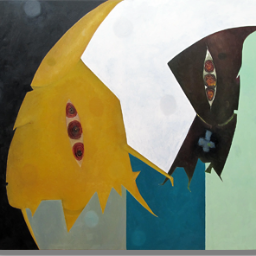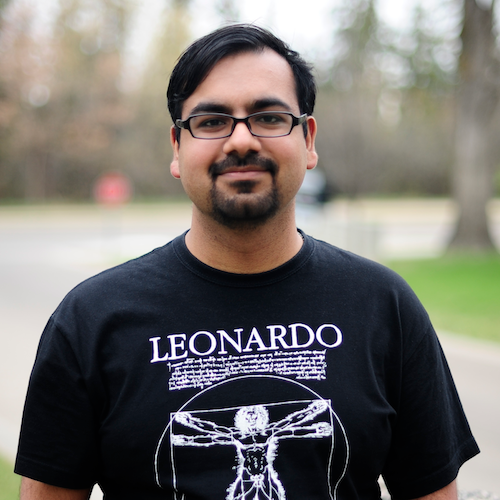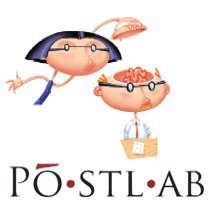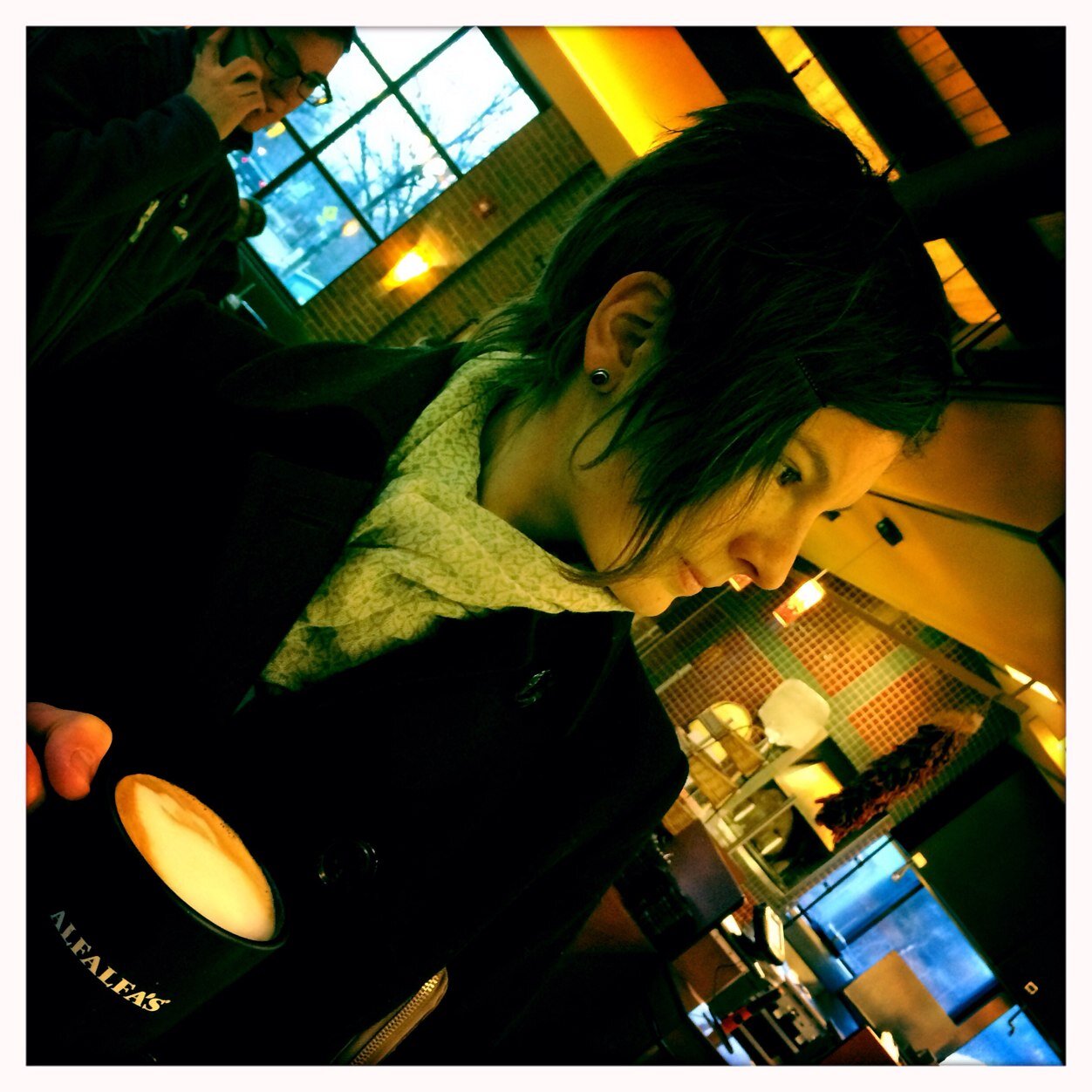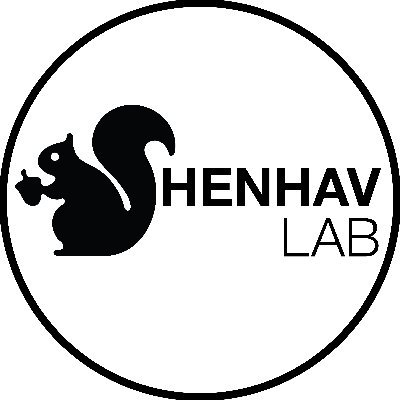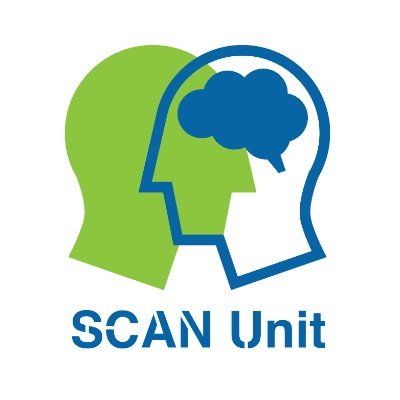
CHEN_Lab
@chenlab4
Computational Human-sociocultural Experimental Neuroscience (CHEN) Laboratory @ Department of Psychology, National Taiwan University
You might like
Please come to read @chenlab4 newly published paper: "Beyond dyadic interaction and shared experience: Rethinking social connections" with @FengChunChou ! 🚩Link: doi.org/10.1016/bs.plm… 🚩Preprint: osf.io/9g5f7_v1

🚩Congrats to Dr. Chen @elvandy1515 for Receiving the 2024 Young Scholars' Creativity Award from the Foundation for the Advancement of Outstanding Scholarship! 🚩News link: faos.org.tw/News/news_244.…

🚩Congrats to @chenlab4 member Maggie Jao 🚩 for receiving the 2024 NSTC undergraduate research grant! Let's do some cool science together w/ @elvandy1515!

How does an anxious emotional state influence how we perceive the world? 📢A NEW Paper from @chenlab4 may provide some hints! 📢 ISRSA uncovers the impact of state anxiety on brain activation patterns in the human extrastriate cortex. Read this paper: rdcu.be/dx6NY

New preprint from @chenlab4 📢 "Intersubject representational similarity analysis uncovers the impact of state anxiety on multivariate activation patterns in the human extrastriate cortex" Link: doi.org/10.1101/2023.0…
New preprint from @chenlab4 ! Link: doi.org/10.1101/2023.0… ISRSA uncovers the impact of state anxiety on multivariate activation patterns in the human extrastriate cortex. w/ @alanhsiao66, Justin Kim, @FengChunChou

Check out our new preprint! 📢📢 "Synchronized negative facial expressions in the presence of a prominent stressor" Link: psyarxiv.com/46dvn/
🚩 New CHEN Lab preprint is out! 🚩 "Synchronized facial behaviors in the presence of a large-scale lockdown event" @FengChunChou & Chloe Chen from @chenlab4 lead this project! Here is a brief summary:
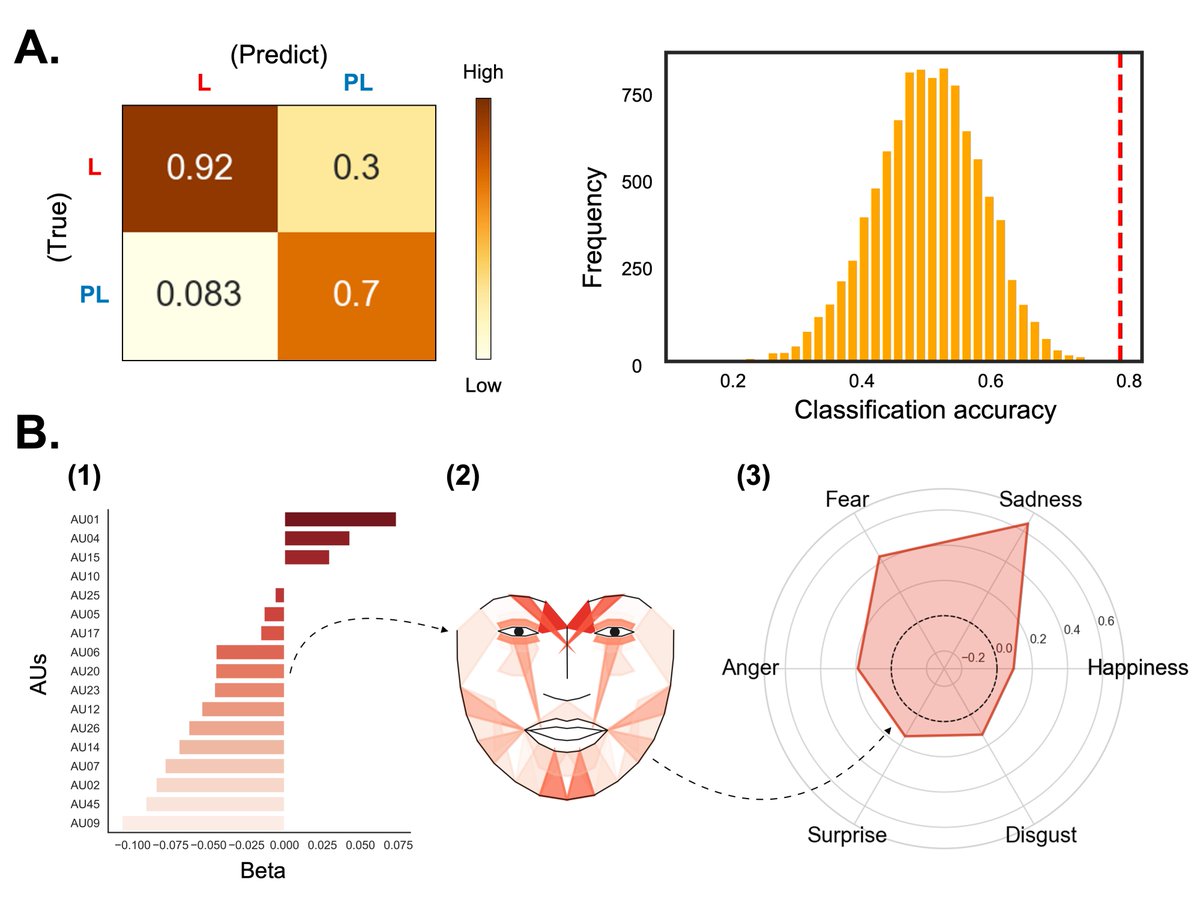
Check out our latest preprint! @Yanxi_ashlee and @FengChunChou use a naturalistic viewing approach + ISRSA to explore the fantasy-appraisal association under a social isolation situation

📢 New CHEN Lab preprint is out! "How do people compensate for their poverty in face2face interaction when they are socially isolated?" Ashlee Kuo and Ben Chou take a naturalistic viewing paradigm combined with ISRSA to answer this question. Link: psyarxiv.com/64bjc/
Using neurometrics, we develop and validate a neural signature of reward using data from 21 studies (N=2,691), which can reveal positive affective experiences within a variety of task contexts in the absence of self-report. bit.ly/3wqYhde


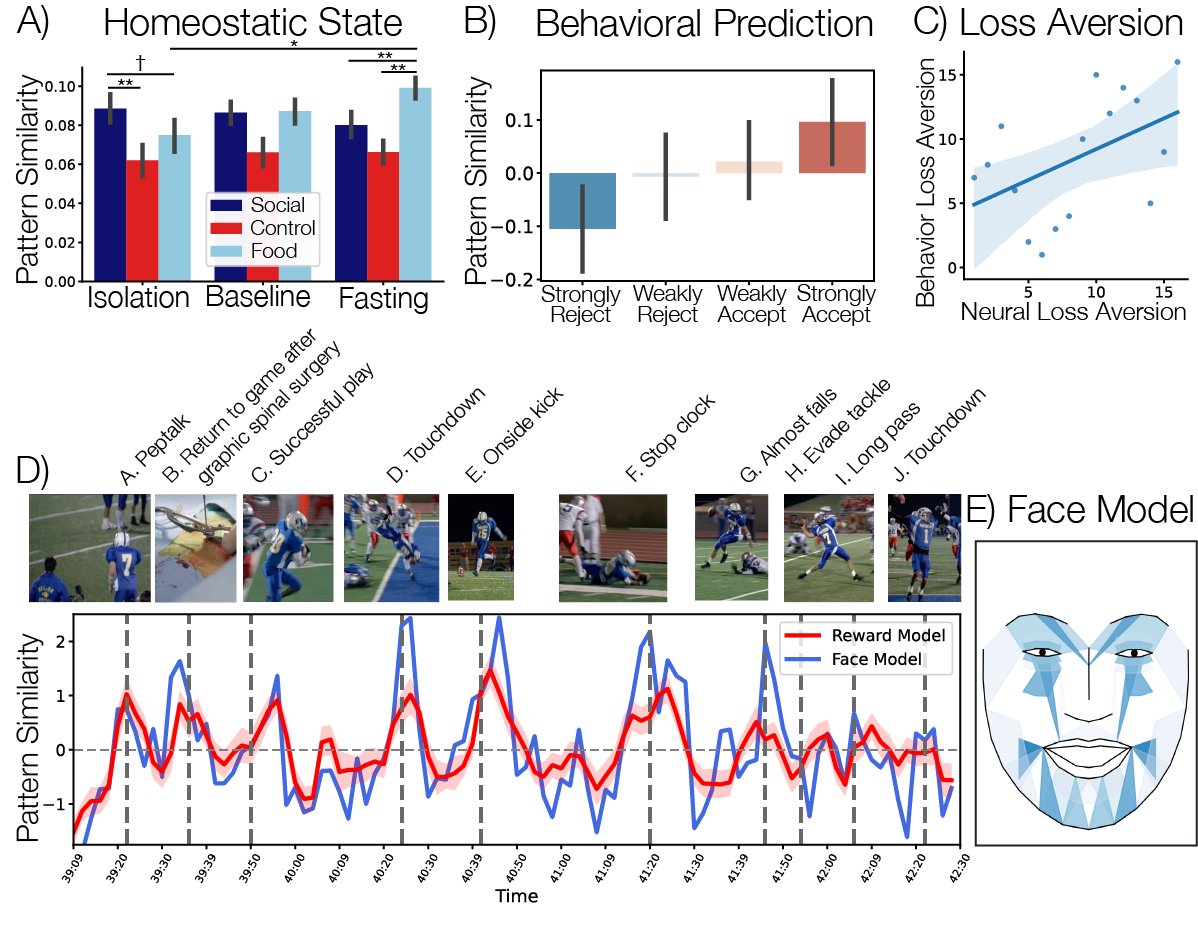
Check out our new preprint paper about developing a neural signature of reward based on open-source data and can be applied to study positive affective experience!
Using neurometrics, we develop and validate a neural signature of reward using data from 21 studies (N=2,691), which can reveal positive affective experiences within a variety of task contexts in the absence of self-report. bit.ly/3wqYhde



CHEN Lab member Chloe Chen will present her work using naturalistic viewing paradigm to elicit divergent responses during pandemic lockdown at #AffectScience2022 Poster #3-J-114. Please come to check it out if you are attending SAS! w/@chenlab4

CHEN Lab member @Yanxi_ashlee will present her poster using ISRSA to explore how individual variations in imagination ability influence affective appraisal during pandemic at #AffectScience2022 Poster #2-H-105. Please come to check it out if you are attending SAS! w/@chenlab4

@chenlab4 gathering at Gather Town! #AffectScience2022 w/@elvandy1515 @hachiyee22 @alanhsiao66

My undergrad student @alanhsiao66 will present his poster examining affective experience by using neuroimaging and ISRSA at #AffectScience2022 Poster #1 (1-A-11). Please come to check it out if you are attending SAS2022! w/@chenlab4

My undergrad student @hachiyee22 will present her poster about how Taiwanese dual identities influence their affective appraisal at #AffectScience2022 Poster #1 (1-A-10). Please come to check it out if you are attending SAS! w/@chenlab4

My undergrad student @FengChunChou will present his poster "collective synchronization of emotional expressions" by using machine-learning method at #AffectScience2022 Poster #5 (5-k-299). Please come to check it out if you are attending SAS! w/@chenlab4

I will give a talk in title "The paradox of being unique in an interdependent culture" at 2022 SAS ANNUAL CONFERENCE. Please check out my talk if you're attending the event! #AffectScience2022 @affectScience

Congrats to Andy Chen @elvandy1515 for receiving his 2021 Ta-You Wu Memorial Award from Taiwan Ministry of Science and Technology (This award is for outstanding young scientists under age 42 across all disciplines in Taiwan).

Yesterday was Teacher's day in Taiwan, and I am so thrilled to receive a card full of touching words from all my students at CHEN Lab. I am so glad to hear that all of you are happy at my lab. Thank you all! Best Teacher's day ever! @chenlab4

I am excited to share my recent work with Yang Qu at Northwestern about "Taking a computational cultural neuroscience approach to study parent-child similarities in diverse cultural contexts." w/@chenlab4 If you are interested, please read here: frontiersin.org/articles/10.33…
frontiersin.org
Frontiers | Taking a Computational Cultural Neuroscience Approach to Study Parent-Child Similarit...
Parent-child similarities and discrepancies at multiple levels provide a window to understand the cultural transmission process. Although prior research has ...
Across 14 studies (N=553) we establish a "neurometric" based construct validity of trust. Trust is associated with beliefs of safety, inversely related to negative affect, and unrelated to reward. With @elvandy1515 @dplusbrains @mr_delgado1 & Berna Güroğlu bit.ly/36c1sb4




United States Trends
- 1. #BaddiesUSA 59.3K posts
- 2. Rams 29.2K posts
- 3. #LAShortnSweet 21.3K posts
- 4. Scotty 9,731 posts
- 5. Cowboys 100K posts
- 6. Chip Kelly 8,611 posts
- 7. Eagles 141K posts
- 8. #TROLLBOY 1,961 posts
- 9. #ITWelcomeToDerry 15.2K posts
- 10. Raiders 67.5K posts
- 11. Stafford 15K posts
- 12. sabrina 61.4K posts
- 13. TOP CALL 3,302 posts
- 14. Stacey 25.6K posts
- 15. #RHOP 12K posts
- 16. Bucs 12.2K posts
- 17. Baker 20.9K posts
- 18. Ahna 7,093 posts
- 19. billie 18.9K posts
- 20. Vin Diesel 1,213 posts
Something went wrong.
Something went wrong.

















